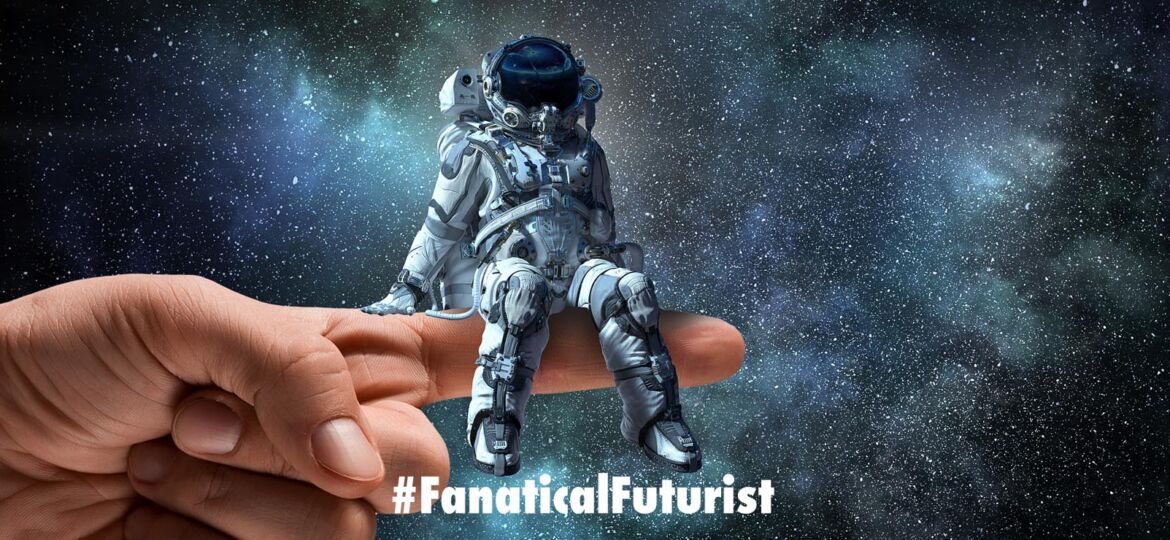
WHY THIS MATTERS IN BRIEF
In this leadership session keynote speaker and futurist Matthew Griffin discusses how how emerging technologies have already changed one of the world’s most common commodities – the document – and how Sci-Fi is already dead.
 Love the Exponential Future? Join our XPotential Community, future proof yourself with courses from XPotential University, read about exponential tech and trends, connect, watch a keynote, or browse my blog.
Love the Exponential Future? Join our XPotential Community, future proof yourself with courses from XPotential University, read about exponential tech and trends, connect, watch a keynote, or browse my blog.
Firstly, thank you to Alex and the team at Adobe for asking me to work with their global teams to help them re-imagine the future of the humble, but ubiquitous document, and the PDF – of which there are apparently more than 80 Trillion today, and a lot more tomorrow.
As the outstanding market leader in open format documents, as well as collaboration and design software, it can be argued that today there isn’t anyone who uses a computer that hasn’t heard of Adobe and their family of products. And, as exciting as it is to be able to re-imagine the document it’s possibly also one of the hardest things we can do, because not only are documents and documentation almost as old as the human race itself but there isn’t a single enterprise company on Earth that hasn’t tried at one point or another to put their own spin on them and dominate the space.
Rewind and Replay
Rewind and Replay
However, while Adobe are by far and away the market leader in PDF’s, and while it’s easy to see how and why the market for PDF’s is growing almost exponentially, when you dig into the space you also realise just how many different document formats and use cases have already disappeared thanks to the advance of new technologies. Whether it’s HTML 5 replacing design documents, smart contracts replacing traditional contracts, or immersive technologies helping re-invent CAD and BIM systems, as well as education and training applications, there’s a lot more to this space than first meets the eye.
While we can already see how some document types are disappearing though we can also see great new opportunities ahead of us to re-imagine them, including the use of biometrics for user identification and authentication, the use of new Artificial Intelligence (AI) and Web 3.0 tools to help transform everything from document creation, collaboration, distribution, and mining, and a lot more. But, when it comes to seeing these updates and many others, those sessions were kept behind closed doors so you’ll just have to wait for them all to appear.
















